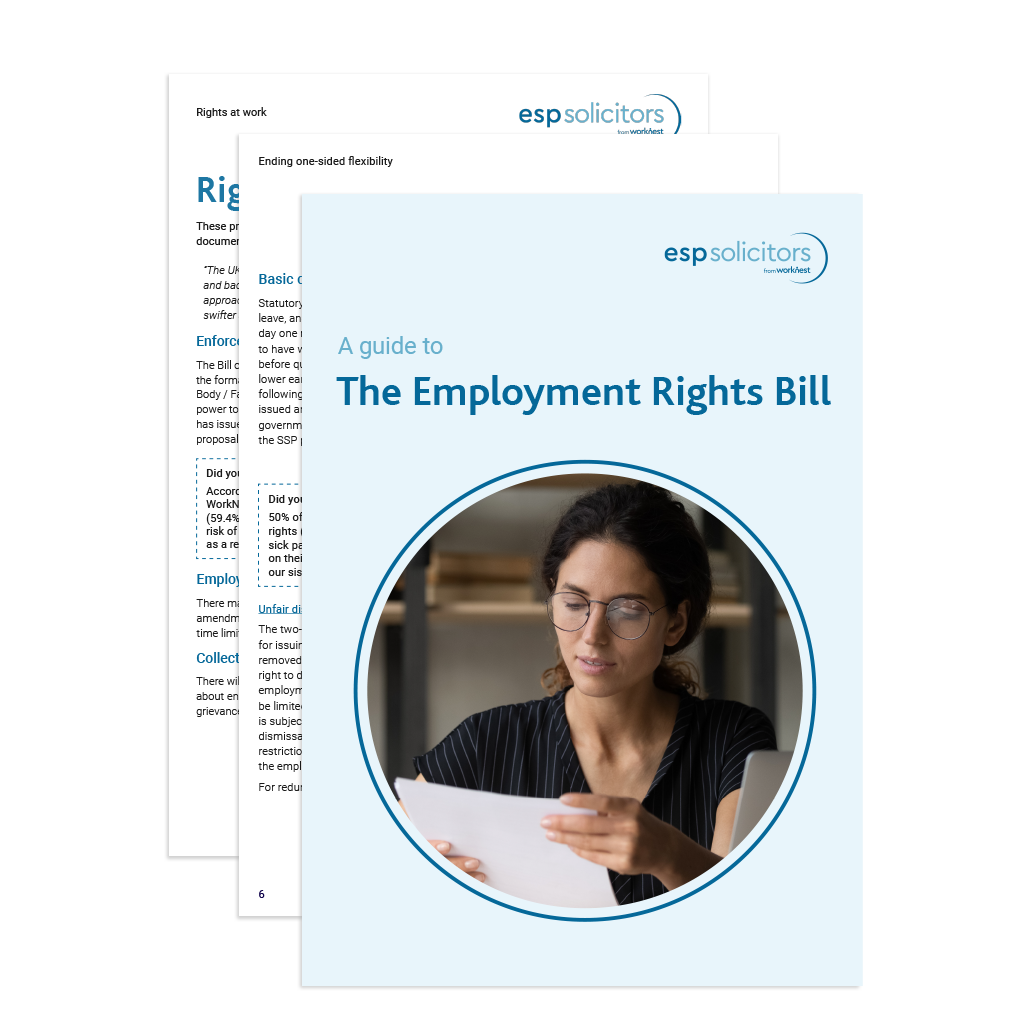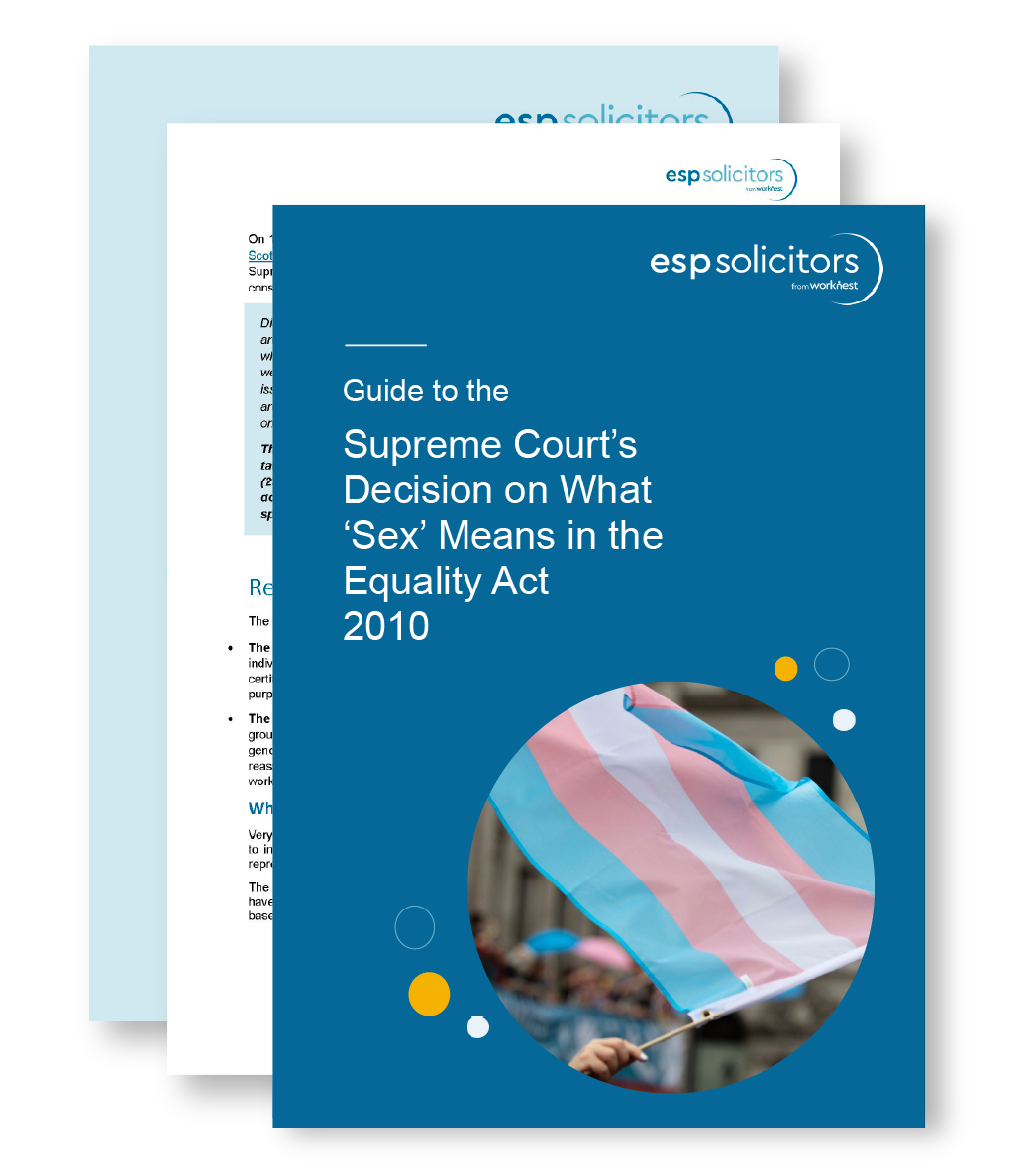Shh! Want to know a something important about non-disclosure agreements (NDAs)?
New proposals could soon make it unlawful for employers to use NDAs to prevent employees from speaking out about workplace harassment or discrimination.
In a post-#MeToo world, the UK government is moving to render certain future NDAs unenforceable. It has announced amendments to the Employment Rights Bill (ERB) – amendments that supporters argue would better protect individuals who have suffered – or witnessed – harassment, including sexual harassment, or discrimination at work.
If passed, these changes would apply to all UK employers and represent one of the most significant overhauls of workplace protections in recent decades.
What’s changing?
Under the proposed amendments:
- Confidentiality clauses in settlement agreements that aim to stop employees from disclosing harassment or discrimination allegations will be null and void.
- Workers will be able to speak freely about their experiences, even after signing a settlement agreement.
- Employers and colleagues who witness inappropriate conduct will be legally protected if they choose to speak out.
It’s worth stating that commercial NDAs – for protecting intellectual property or confidential business information – will remain valid.
While many of these changes may appear targeted at large, high-profile organisations, they will apply equally to all employers, regardless of size. SMEs that typically rely on template NDAs or standard-form settlement agreements may be especially impacted.
What this means for employers
For HR directors, directors and business owners, this marks a pivotal moment. NDAs have long been a practical (and sometimes necessary) tool for resolving workplace disputes confidentially. But the government’s message is clear: confidentiality can no longer come at the expense of accountability.
I’ve set out some practical steps you can consider:
- Scrub up on settlement precedents: Check your precedents immediately. Any clause that attempts to prohibit employees from discussing harassment or discrimination is likely to be unenforceable under the new law – so get rid.
- Cultivate culture: The reforms signal a shift in workplace culture. Proactive steps to foster a respectful, transparent work environment will be more critical than ever.
- Train your people: Managers must understand harassment, discrimination, and victimisation are not only unlawful – they also cannot be buried in a sea of bureaucracy and paperwork and brushed under the carpet. As is often the case; prevention is better than cure.
- Confront complaints: Settling a complaint with a payout and NDA may no longer be a viable strategy in many cases. Employers should focus on thorough investigations and fair outcomes rather than confidentiality-driven resolutions.
Why now?
The proposed reforms are part of a broader response to mounting pressure from campaigners and high-profile incidents – many stemming from the #MeToo era. But this isn’t just about celebrity cases. Evidence shows that NDAs are frequently used in lower-paid, insecure employment sectors such as retail and hospitality.
A recent CIPD survey found that one in five employers had used NDAs to address allegations of sexual harassment. Perhaps more tellingly, nearly half of those surveyed supported an outright ban on such clauses.
Final thoughts
In my view, these proposals are less about stripping employers of protections and more about preventing misuse and exploitation of those protections against employees.
Businesses that lead with integrity, transparency, and a commitment to compliance will not only stay on the right side of the law, but also build trust and resilience in their organisations.
If you’d like a review of your current NDA templates or want to discuss practical, compliant alternatives for managing sensitive employee disputes, now is the time to act.




